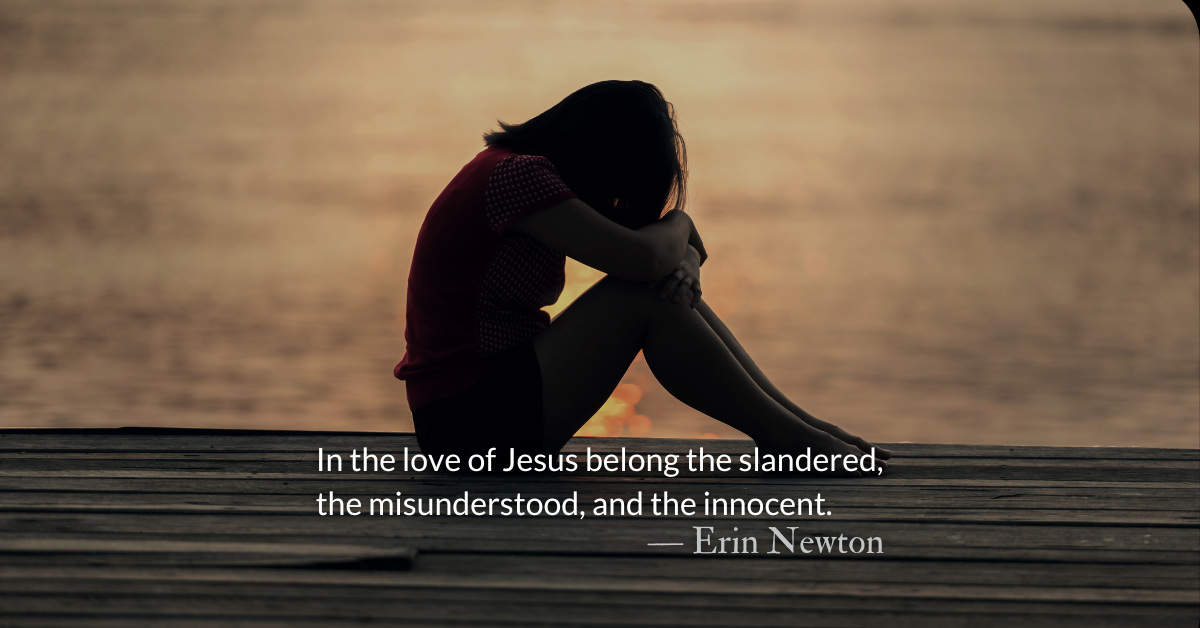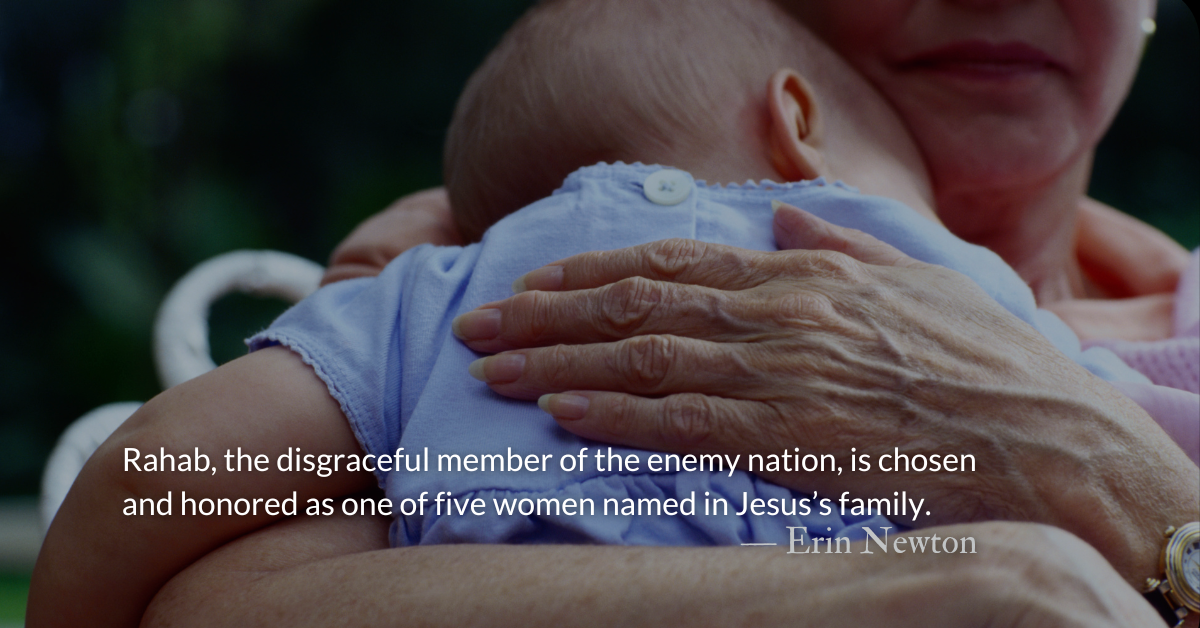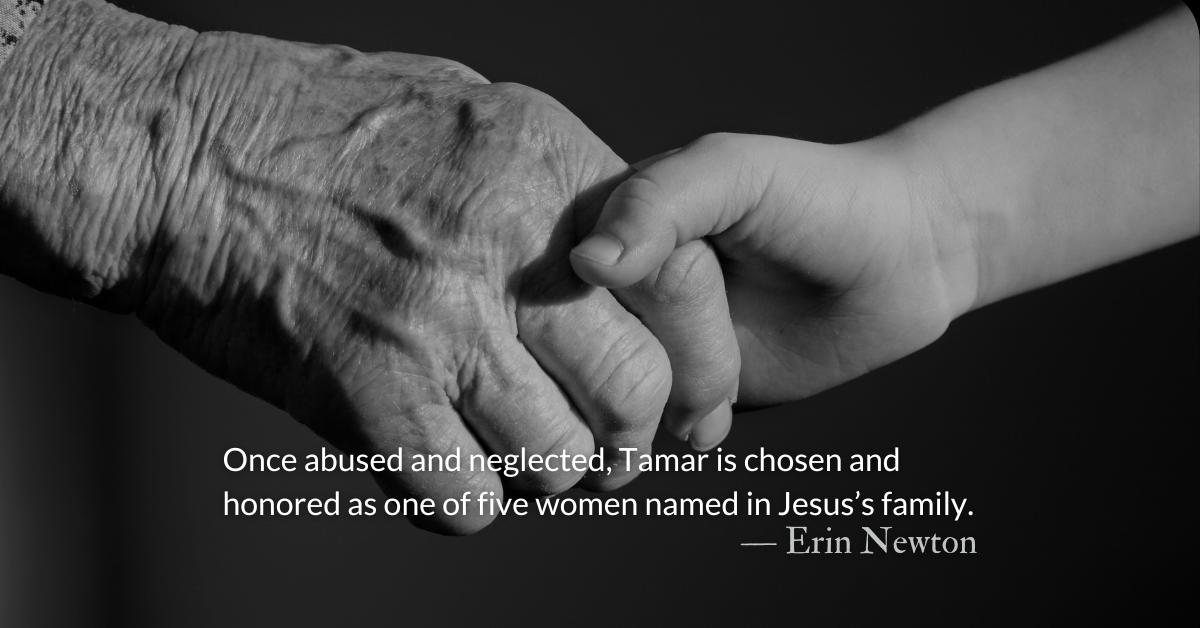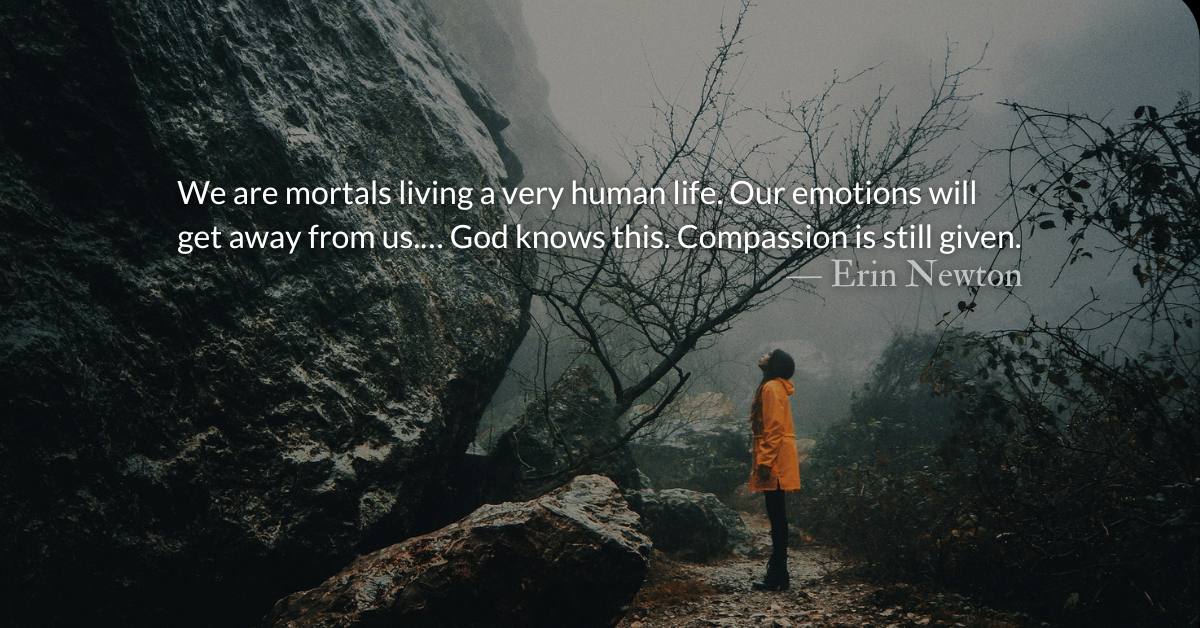Scripture Focus: Matthew 1.1, 6
1 This is the genealogy of Jesus the Messiah the son of David, the son of Abraham:
6 and Jesse the father of King David.
David was the father of Solomon, whose mother had been Uriah’s wife…
Psalm 51.1
1 Have mercy on me, O God,
according to your unfailing love;
according to your great compassion
blot out my transgressions.
Reflection: Bathsheba’s Story — Love of Advent
By Erin Newton
These are the matriarchs of Jesus: Tamar, Rahab, Ruth, Bathsheba, and Mary. This is Bathsheba’s story.
Every year on social media, a new debate arises surrounding the culpability of Bathsheba. Some wish to see her as a willing participant in adultery but Matthew’s gospel refers to Bathsheba as Uriah’s wife highlighting the tragedy of what happened to her. When Nathan confronts David about his sin, he compares Bathsheba to an innocent lamb stolen from another man’s flock.
Eyes gazed upon Bathsheba as eyes had fallen upon Tamar and Rahab. She was taken, forcibly widowed, and consecutively mourned the death of her child. Bathsheba’s story begins with sorrow.
Sorrow is a common thread among the stories of these women. For a group of matriarchs of the long-awaited Messiah, you’d expect stories filled with joy and praise. But for many of these women, the stories are full of hardship, grief, and pain. Bathsheba lived with the grief of Uriah’s death. She also mourned the death of her baby.
Bathsheba is not alone in her sorrow. When David recognizes his guilt, he calls upon the love of God for forgiveness. Only divine compassion could heal a heart that took a woman and arranged for her husband’s death.
It has been over three thousand years since Bathsheba lived and her story continues to create havoc and debate. She becomes the scapegoat for anyone looking to blame a victim for her own abuse. She is labeled as a co-conspirator or a seductress—as if readers forget that she was the little ewe lamb of Nathan’s story.
Whether one sees her as a manipulative adulterer or an innocent sexual abuse victim, Bathsheba’s place as an ancestor of Jesus is often diminished or ignored. However, her placement in the genealogy is a coincidence.
God does not sit by aloof to the events of our lives. God redeems our pain.
Bathsheba was a woman of sorrow and of pain. She endured the abuse of power and buried her husband and child. She is misunderstood and misrepresented. But she is a matriarch of Jesus.
Bathsheba is chosen and honored as one of five women named in Jesus’s family. She is not defined by her sorrow or her once naked body. She does not have to be defined by misrepresentations or skeptical debates.
In the love of Jesus belong the slandered, the misunderstood, and the innocent.
Divine Hours Prayer: The Refrain for the Morning Lessons
Let integrity and uprightness preserve me, for my hope has been in you. — Psalm 25.20
– From The Divine Hours: Prayers for Summertime by Phyllis Tickle.
Today’s Readings
2 Chronicles 16 (Listen 2:51)
Psalms 119.97-120 (Listen 15:14)
Read more about Ancient #MeToo Story
The bold voice of Nathan was needed to bring the king to a place of repentance. Bathsheba deserved an advocate.
Read more about Supporting Our Work
Approximately half our funding comes as end-of-year gifts. Whether once a year or monthly, please consider becoming a donor to support our ad-free biblical devotionals.






